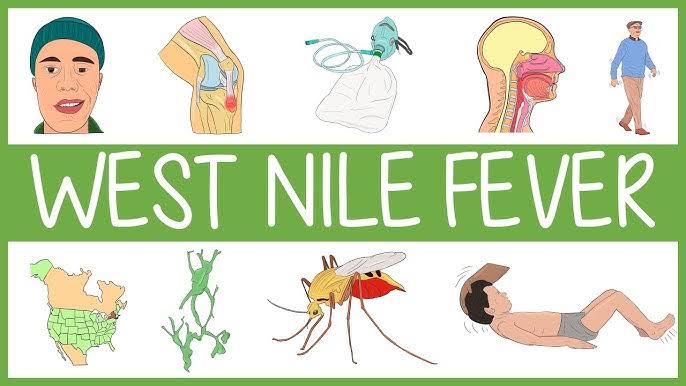What is West Nile Fever?
West Nile Fever is a viral disease caused by the West Nile virus (WNV). It’s primarily spread through the bite of infected mosquitoes, which feed on infected birds and then transmit the virus to humans.
How is West Nile Fever Transmitted?
You can get West Nile Fever through:
1. Mosquito bites: When an infected mosquito bites you, it can transmit the virus.
2. Blood transfusions: In rare cases, WNV can be transmitted through blood transfusions from infected donors.
3. Organ transplants: Similarly, WNV can be transmitted through organ transplants from infected donors.
4. Pregnancy and breastfeeding: In rare cases, WNV can be transmitted from mother to child during pregnancy or breastfeeding.
Symptoms of West Nile Fever
Most people infected with WNV won’t show symptoms. However, some may experience:
1. Fever
2. Headache
3. Body aches
4. Skin rash
5. Swollen lymph nodes
In severe cases, WNV can cause:
1. Encephalitis (inflammation of the brain)
2. Meningitis (inflammation of the lining around the brain and spinal cord)
Prevention
To prevent West Nile Fever:
1. Use insect repellents: Apply EPA-approved insect repellents to skin and clothing.
2. Wear protective clothing: Wear long-sleeved shirts, long pants, and socks when outdoors.
3. Eliminate standing water: Remove standing water around homes to prevent mosquito breeding.
4. Stay indoors: Avoid outdoor activities during peak mosquito hours (dawn and dusk).
Treatment
There is no specific treatment for West Nile Fever. However, symptoms can be managed with:
1. Rest
2. Fluids
3. Over-the-counter pain relievers
In severe cases, hospitalization may be necessary to manage complications.

